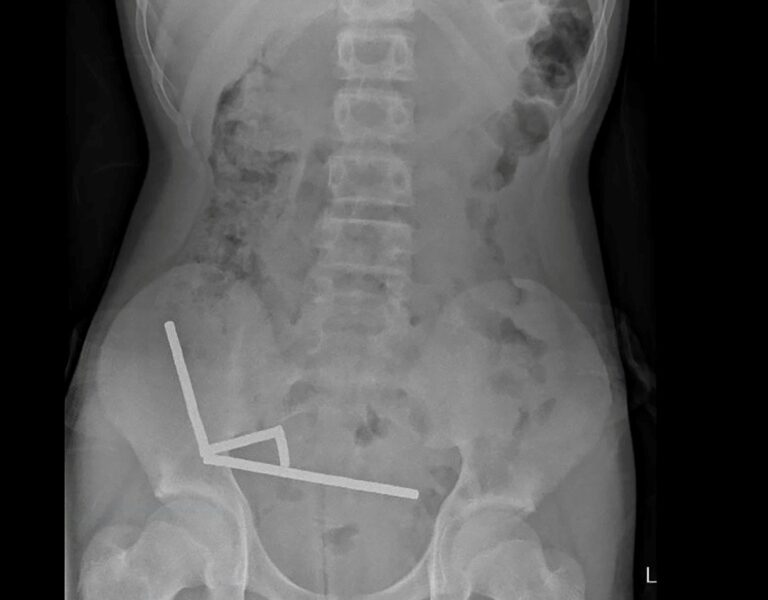A 13-year-old boy in New Zealand was hospitalized after swallowing up to 100 high-power magnets, necessitating surgical intervention to remove damaged tissue from his intestines. The unnamed adolescent experienced four days of abdominal pain before being taken to Tauranga Hospital on the North Island. According to a report published in the New Zealand Medical Journal, the boy revealed that he ingested around 80 to 100 **5x2mm** neodymium magnets approximately one week prior to his admission.
The magnets, which have been banned in New Zealand since January 2013, were reportedly purchased on the online shopping platform Temu. An X-ray examination revealed that the magnets had formed clusters in four distinct lines within the child’s intestines. Medical professionals noted, “These appeared to be in separate parts of bowel adhered together due to magnetic forces.”
The date of the surgical operation has not been disclosed. However, doctors stated that the pressure exerted by the magnets resulted in necrosis, or tissue death, in four areas of the boy’s small bowel and the caecum, part of the large intestine. Surgeons successfully removed the dead tissue and extracted the magnets, allowing the child to return home after an eight-day hospital stay.
The case has raised significant concerns regarding the dangers associated with magnet ingestion, particularly within the pediatric population. The authors of the medical paper, including doctors Binura Lekamalage, Lucinda Duncan-Were, and Nicola Davis, emphasized that incidents like this not only highlight health risks but also the potential hazards linked to online marketplaces.
Surgical procedures for magnet ingestion can result in complications later in life, such as bowel obstruction, abdominal hernia, and chronic pain. In light of this incident, Temu has initiated an internal review to ensure compliance with local safety regulations in New Zealand. A company spokesperson stated, “We are sorry to learn of the boy’s surgery. We have launched an internal review and reached out to the authors of the New Zealand Medical Journal article to obtain more details about the case.”
At present, Temu has not confirmed whether the magnets involved were specifically purchased through their platform or identified the precise product listing. Nonetheless, the company is rigorously reviewing relevant listings to ensure adherence to safety standards. This scrutiny comes as Temu faces criticism in various markets, including the European Union, for allegedly failing to effectively eliminate illegal products from its platform.
As online shopping continues to grow in popularity, the implications of this incident underscore the need for heightened awareness and stringent safety measures to protect consumers, particularly children, from potentially dangerous products.







